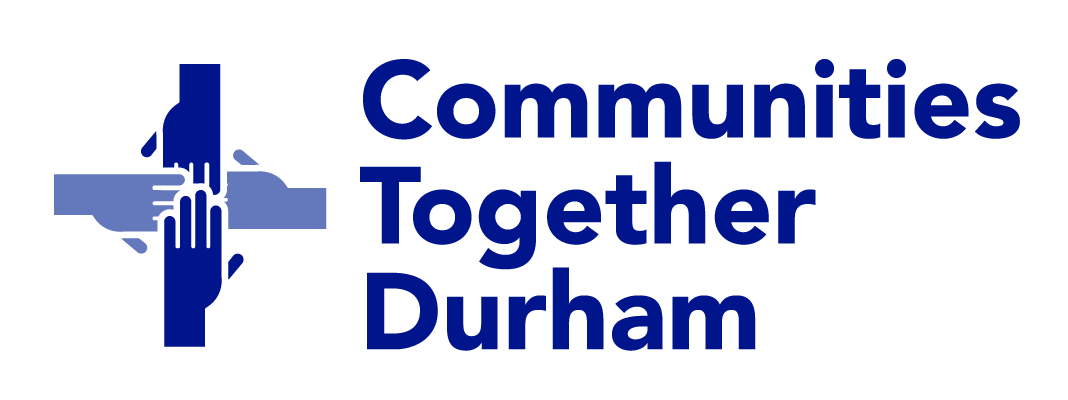The Illegal Migration Bill- what is it proposing?
On the 27th of March, the Government’s proposed Illegal Migration Bill entered the committee stage in the House of Commons. The Bill is being sold as a solution to the dangerous English Channel crossings undertaken by sanctuary seekers in small boats, but what will the Bill mean in practice if it becomes law?
With the Bill in place the government says it will help to ‘prevent and deter unlawful migration’, particularly by ‘unsafe and illegal routes’. It sets out to ‘Stop the Boats’ as was seen on the Downing Street podium when the strategy was launched. Of course we do need to look at the people traffickers and gangs who are making money from sending vulnerable people across the channel in unsafe vessels, but is this the way to achieve that?
The plan will be that anyone arriving through what is deemed to be an illegal route could be detained and then deported back to their own country. This could happen if an agreement exists and the country is deemed ‘safe’. For those from countries deemed unsafe, deportation to another safe country such as Rwanda could happen. In addition, anyone entering in this way will be barred from ever being granted refugee status, British citizenship, or any other kind of leave to remain. This would also extend to their children, even those not yet born.
The Bill, if accepted fully, would oblige the Home Secretary to deport anyone who entered the UK irregularly or travelled through a ‘safe’ country before arriving here. It would also give them the power to detain both adults and children indefinitely until their removal from the country could be arranged. This includes those who have been victims of human trafficking and other crimes and unaccompanied children. All would be prevented from seeking Asylum in the UK now and in the future.
Many will argue that those that wish to seek Asylum should use the ‘safe’, legal, routes available. However, for most, these routes simply do not exist. Those who have come seeking Asylum tell us stories of fleeing their country because their lives were in danger or they were to be imprisoned. Decisions to flee had to be made in a moment, they did not have time to find papers or the money and ability to make applications for visas before they left. They are often in fear of completing any paperwork and putting themselves into a system where they or their family might be identified in their home country and put at risk.
Yes, there are some safe routes, but they only apply to a small number of people. Schemes such as the Syrian Vulnerable person Resettlement scheme and the Vulnerable Person Resettlement scheme are good, and have seen some settled directly from UNHCR camps. These schemes are only allowing relatively small numbers through. For example, the Afghan Citizens Resettlement Scheme (ACRS), is the only available ‘safe’ route for Afghans at risk of human rights abuses, it has so far led to the resettlement of less than just 30 people. In an attempt to leave Afghanistan and settle in a country that they believe offered sanctuary, more than 8,000 Afghan citizens took the dangerous option of crossing the Channel. If safe routes are the way forward we need more of them, for more people and for them to be made accessible.
Under the Bill, even those arriving from countries recognised as being unsafe by the Home Office would be denied access to the asylum system if arriving by irregular means. In effect we would not have an Asylum System, even though seeking Asylum is a fundamental Human Right.
Those who did try and seek Asylum via those irregular routes would be detained, possibly indefinitely, and this would include children. This would overturn the protection that a successful campaign in 2010 achieved stopping the detention of children – prior to that around 1000 children were detained each year. To make things worse, this bill’s new powers would mean detention for far more children and for far longer time periods. As the detention system is already struggling to cope, we can only assume that many adults and children accompanying them, would simply disappear into the community and with no right to work or to public funds, have no access to healthcare and would likely be destitute and seeking whatever way they can to earn enough to survive, leaving them and any dependents open to exploitation.
As this Bill continues to progress over the coming months there will be numerous opportunities to speak out. A number of high-profile public figures have spoken up and over 1000 church leaders have signed a joint statement opposing the legislation. They argue that ‘when two in three people who cross the channel to seek sanctuary in the UK are granted asylum following rigorous checks, it seems unthinkable to reject them before they have even had a chance to have their claim for asylum heard’ (https://jpit.uk/response-to-illegal-migration-bill). Citizens UK and other Refugee charities are already working on a campaign against child detention. Other are working to develop resources to help us challenge our MP’s and government. With enough challenge and opposition, the Government may back down. Watch this space for more updates on how you can help!
